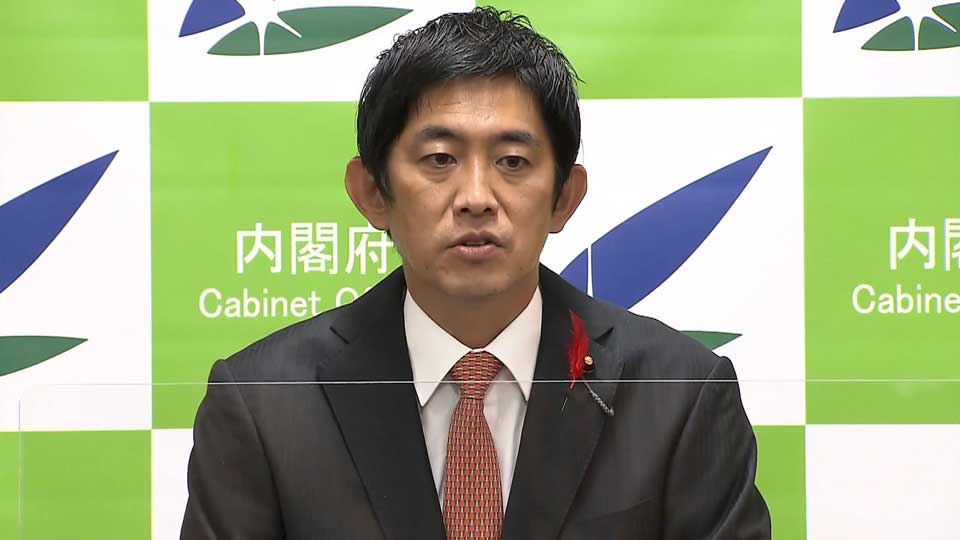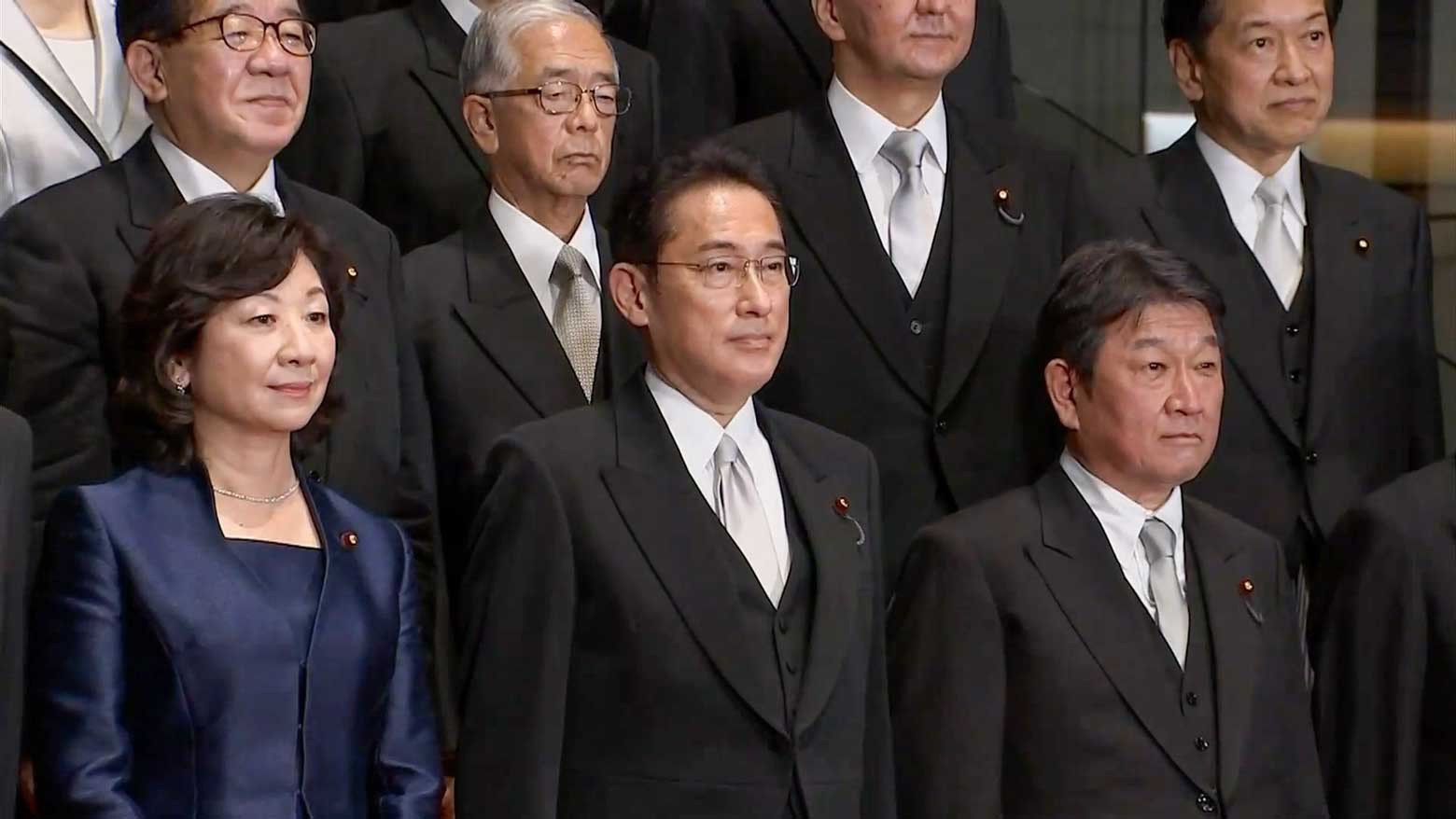Throughout his political career, Kishida has been known for his caution and there is no reason to expect he will make sudden changes to economic policy, particularly at a time when the country is struggling with the effects of the coronavirus pandemic.
Kishida has already said his government will compile a pandemic-relief package amounting to "tens of trillions of yen" by the end of the year. Analysts also expect him not to oppose the Bank of Japan's aggressive easing policy, a stance he shares with his predecessor.
However, a closer look at Kishida's political priorities suggests there may be some changes soon. The new prime minister has long stressed the importance of flexible spending and fiscal consolidation, and is weighing whether to abolish the Committee on the Growth Strategy, an influential body that has guided government strategy on improving economic productivity. He is considering forming a new body that explores a "new Japanese capitalism" instead.
Kishida has said he wants to shift to a more redistributive economic model that lifts up the middle class rather than boosts corporate profits. This is reflected in his attitude toward market deregulation: he has signaled that he is reluctant to pursue structural reforms that were a priority under both Abe Shinzo and Suga Yoshihide.
Analysts expect Kishida's main economic focus to be raising wages, particularly for essential workers. Momma Kazuo, Executive Economist for Mizuho Research & Technologies, says this policy could have multiple benefits.
"First, it will boost the spending power of a large number of workers who have long been underpaid," he says. "Second, higher pay will attract more people to jobs that are essential to our aging population. And lastly, if we can solve the labor shortages in healthcare, nursing and daycare, it could allow more women to rejoin the job market."
Kishida has also said he plans to make protecting Japan's economic interests on the international stage a key priority. He has already created a new cabinet position of Economic Security Minister and named a former vice-minister of defense, Kobayashi Takayuki, to the post. Kobayashi will be tasked with guarding Japanese business interests amid heightened tensions between the US and China.

Kishida has convinced the party faithful that his vision is the right one to launch a new era of prosperity. Now he has to quickly sell it to the public. He has called a general election for October 31, by which time he will have been in office for just one month.

